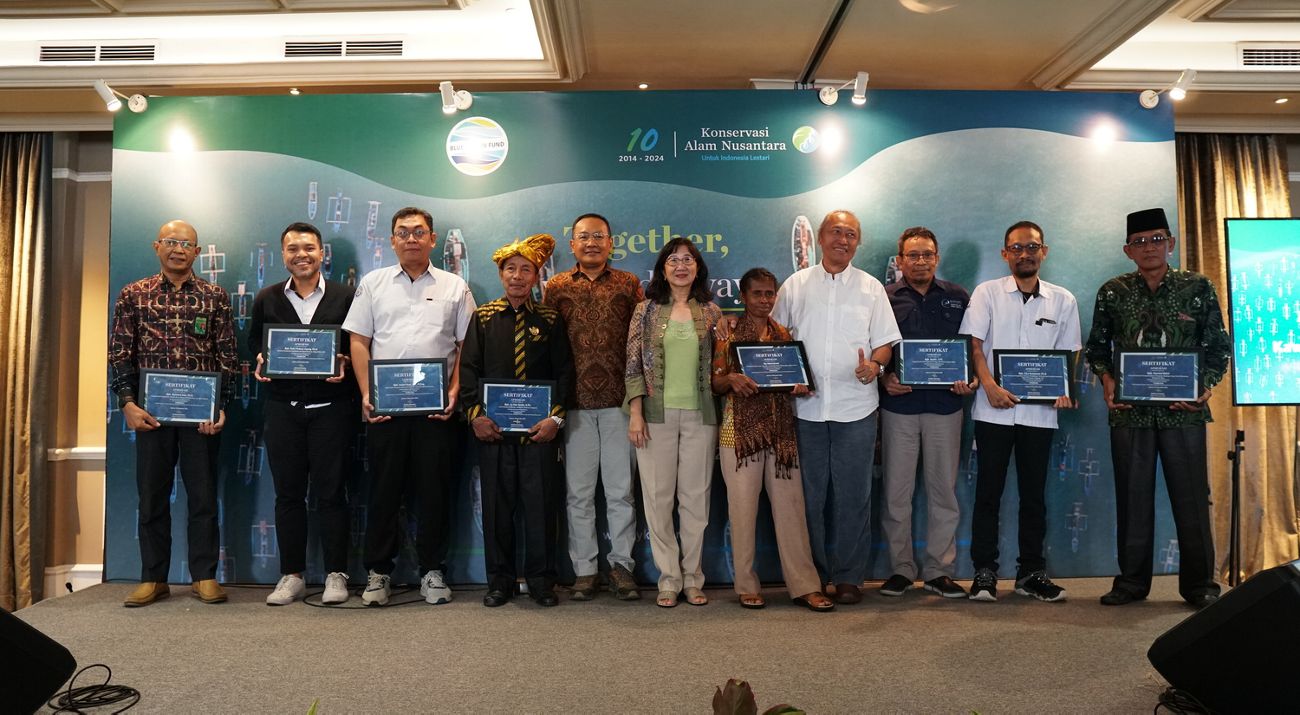
Media Contacts
-
Adia Puja Pradana
Communications Specialist Ocean Program YKAN
Yayasan Konservasi Alam Nusantara
Email: adia.pradana@ykan.or.id
As the largest archipelagic nation in the world, Indonesia's coastal and marine areas hold strategic and vital importance, supporting the livelihoods of 60% of its coastal population and serving as effective strategies for climate adaptation and mitigation. However, these areas face threats due to unsustainable exploitation driven by increasing demand for coastal and marine resources.
Through the Ministry of Marine Affairs and Fisheries (KKP), the government has consistently implemented efforts to conserve these areas by establishing five blue economy policy directions prioritizing ecology. These policies include expanding marine conservation areas, implementing quota-based sustainable fishing, developing sustainable marine and coastal aquaculture, managing coastal zones and small islands, and addressing marine plastic waste.
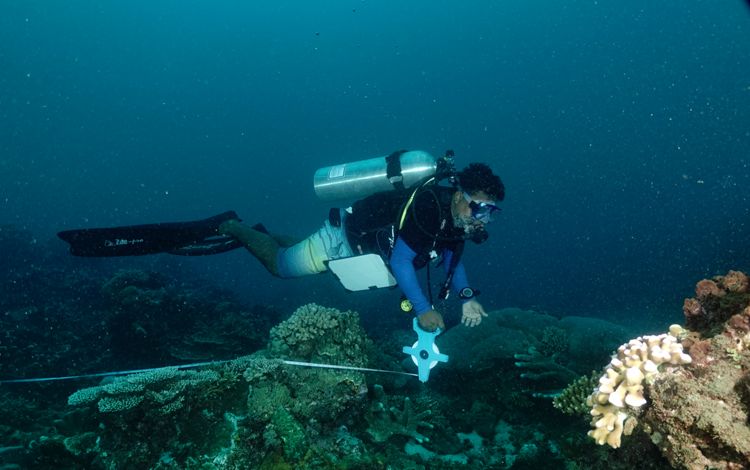
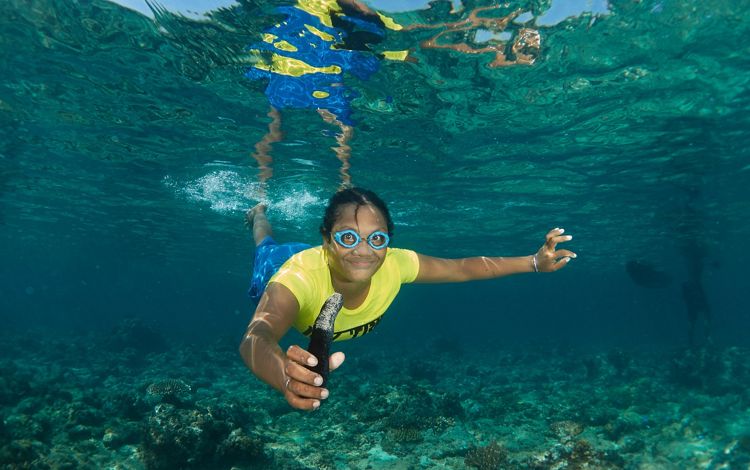
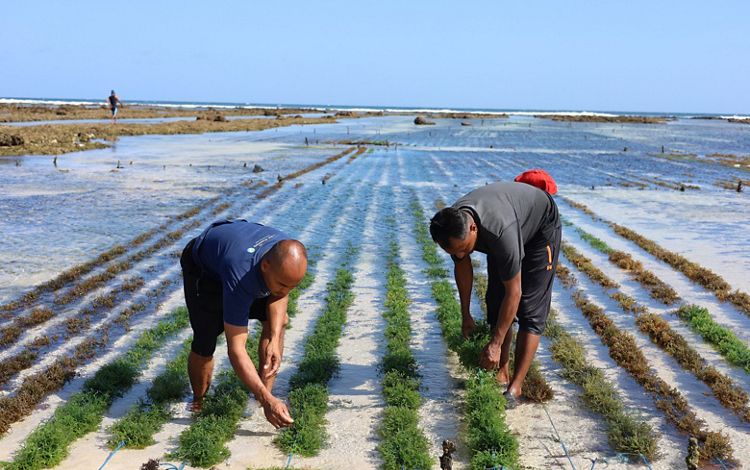
"Drawing from successful governance transformations in developed countries' marine and fisheries sectors, we realize that implementing the blue economy in Indonesia involves complex and multidimensional challenges. It cannot be achieved quickly or independently. Collaboration and synergy between KKP and partners, including YKAN, are key to achieving the triple wins of the blue economy: Ocean Health, Ocean Wealth, and Ocean Prosperity, while also advancing the Sustainable Development Goals (SDGs)," stated Andy Artha Donny Oktopura, Head of KKP's Planning Bureau, at YKAN's 10th-anniversary celebration in Jakarta, themed Together, We Find a Way.
KKP's Director of Aquatic Ecosystem and Biota Conservation, Muhammad Firdaus Agung, emphasized that partnerships are essential to overcoming challenges in conservation work. "Collaboration with partners helps address recurring challenges in conservation and strengthens the digitalization of data collection for aquatic conservation. We appreciate the collaboration with development partners like YKAN, which has a strong science-based approach and expertise in community engagement," he said.
One notable community engagement effort since 2016 involves empowering women's groups in Maluku and Papua to practice sasi laut—a local wisdom-based marine conservation practice where communities agree to halt marine resource extraction to allow regeneration temporarily. "We were supported in selecting the right locations for sasi, ensuring marine species can reproduce well, resulting in more abundant harvests. We use the proceeds for children's education and savings for future emergencies," shared Mama Ribka Botot, Women's Sasi Group leader in Aduwei Village, Raja Ampat.
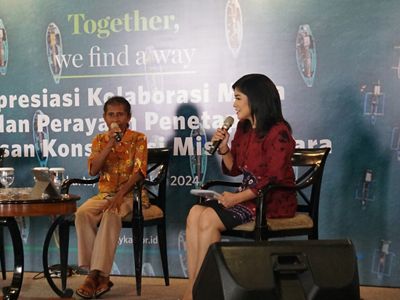
In addition to KKP and Mama Ribka, the event was also attended by donor organizations, community partners, representatives of indigenous peoples, and other stakeholders.
North Misool Marine Protected Area Designation
A highlight of the event was the celebration of North Misool's designation as a Marine Protected Area (MPA) in Raja Ampat, Southwest Papua. Spanning 308,692 hectares, this MPA is ecologically vital, hosting rich marine biodiversity and critical habitats for dugongs, turtles, whales, manta rays, and economically valuable fisheries.
"We are committed to supporting the government and communities in protecting Indonesia's marine areas across different regions. In Wakatobi and the Bird's Head Seascape, our support includes forming eight community ecotourism groups and generating seven million data points on demersal fish species through the Crew Operated Data Recorder System (CODRS)," said Muhammad Ilman, YKAN's Director of Marine Programs.
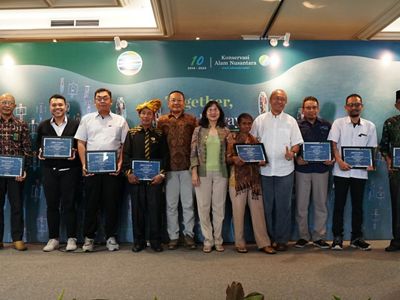
YKAN's Marine Program operates in 11 provinces and five fisheries management areas, focusing on four strategies: Blue Economy, Sustainable Fisheries Management, Coastal Resilience, and Marine Protected Areas. Ongoing initiatives include sustainable shrimp aquaculture (SECURE) in Berau and Ogan Komering Ilir and coral reef conservation funded by a $35 million debt-for-nature swap agreement.
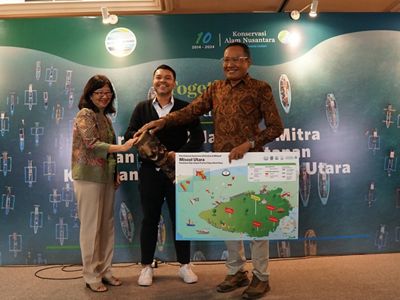
Reflecting on a decade of impact, YKAN Executive Director Herlina Hartanto remarked, "We've learned that strong partnerships and stakeholder commitment are critical to achieving shared success. Thank you for your collaboration and support in conserving Indonesia's coastal and marine ecosystems. This event inspires us to face future challenges together and strengthens our resolve to build a sustainable Indonesia."
The event was attended by representatives from KKP, donor organizations, community partners, indigenous representatives, and other stakeholders, reinforcing the collective commitment to conservation and sustainability.
Yayasan Konservasi Alam Nusantara (YKAN) is a scientific-based non-profit organization that has been present in Indonesia since 2014. With the mission of protecting lands and waters as life support systems, we provide innovative solutions to realize the harmony of nature and humans through effective natural resource management, prioritizing a non-confrontational approach, and building a network of partnerships with all stakeholders for a sustainable Indonesia. For more information, visit ykan.or.id.

